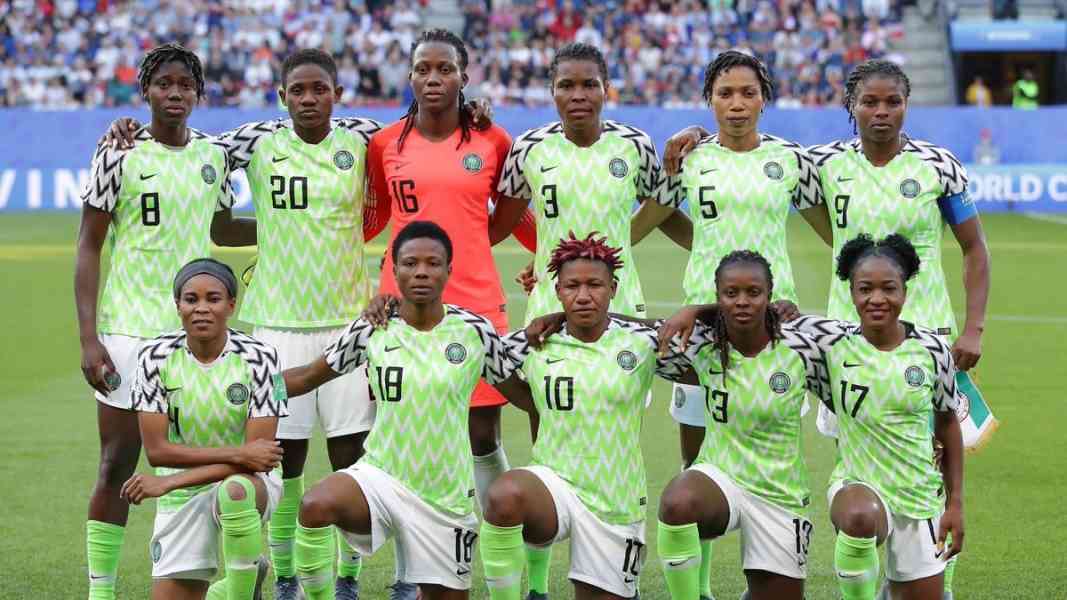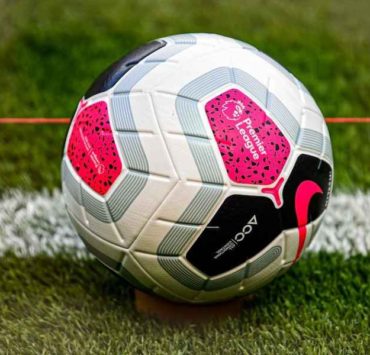If Women’s Football Could Talk: The Equal Pay Discussion

Over the past few months, the equal pay argument has raged on, with advocates of both sides holding on to certain hopes and beliefs – both of which make very valid points of arguments. However, the manner in which female footballers have been treated leaves a bitter taste in the mouth. The point of this article is to discuss the treatments female footballers have been subjected to over the past few years, at both amateur and professional level.
It is possible to argue that the current happenings in female football are a reflection of how the society views women playing football. One of interesting comments used is “women belong in the kitchen, not on the pitch”, further enhancing the school of thought that football is a male dominated sport.
Sometime in 2018, the former President of the Afghanistan football association was accused of sexually harassing female players of the team. A player of the team stated that the former FA chairman put a gun to her head, after punching her, before going on to sexually assault her. FIFA would go on to ban him for life, for “having abused his position and sexually abused various female players.” This however is just one case, as most players end up being victimized by those in power, having their lives, and those of their loved ones being threatened. This is in addition to the fact that players are often described as “lesbians”, and often face discrimination from the federation and sometimes the fans.
These acts however do not just occur on the pitch as women still face discrimination off the pitch in certain countries. It would be difficult to forget the case of the Iranian woman who set herself ablaze after she was caught trying to get into the stadium and was facing prosecution. This was due to the fact that women were not allowed to watch football in stadiums.
A possible takeaway from these examples is the way women’s rights in general is being treated with kids’ gloves, rather than being taken seriously. Drawing a contrast to male football which has professional footballers getting premium treatment, female footballers struggle to get half the quality treatment their male counterparts are subjected to. According to reports, most players received salaries of less than US$1,000 a month and earnings tend to drop as players got older. In terms of the biggest payers, the top five countries to “adequately pay” their players – enough to cover the expenses incurred from playing – include Germany, Uzbekistan, England, Sweden and the US. A proper contrast with the salaries of male footballers shows a huge gap – a proper description would be racing with a bicycle against a Ferrari, next level impossible to catch up.
Another point of focus would be infrastructure. The quality of pitches, as well as facilities for women’s football is not exactly the same standard their male counterparts enjoy. While the 2019 world cup might just have shown the inherent quality in women’s football, with the displays of Sam Kerr, Alex Morgan, Alex Popp, Meghan Rapinoe, the world cup only tries to paper over the wide cracks in female football.
Thus, if women’s football could talk, the negatives might just outweigh the positives. More needs to be done to improve female football around the world. If women’s football could talk, it will say “football is not a man’s game, it is everyone’s game”.
Ayomide Eribake is a final year law student at the University of Lagos. He has keen interest in sports law, insurance law, and labour law. He has written and researched on sports law issues and has been a huge advocate for sports insurance in Nigerian sports. He spends his leisure time reading, writing, watching football, and supports Liverpool FC.














